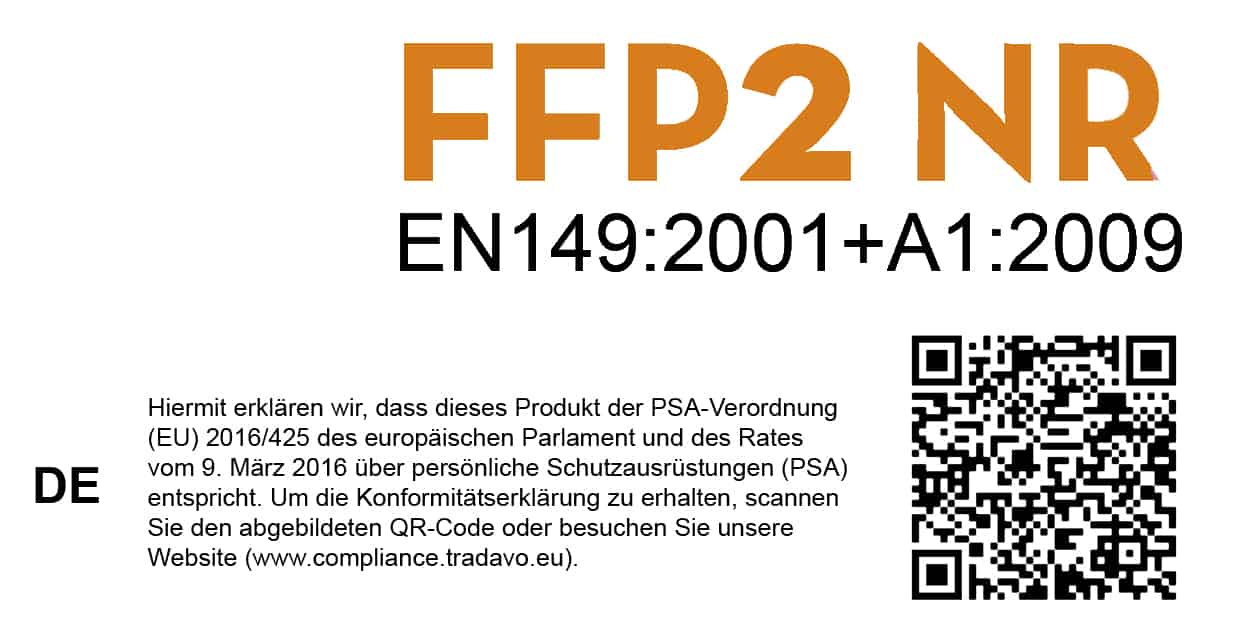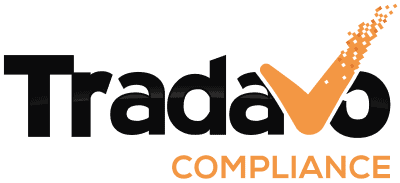EC/EU Declaration of Conformity
When selling on Amazon, choosing a promising product is easy. However, Amazon sellers’ heads spin the moment they hear about topics like the declaration of conformity. What exactly is the difference between EC and EU declarations of conformity and CE markings? This article will explain to you what a declaration of conformity is, what content you should include, and when you need it.
What are declarations of conformity and the CE marking?
EC and EU declarations of conformity are the same. The abbreviation EC comes from the fact that in 2011 the EU was still called the European Community (EC). Therefore, directives published before 2011 (for example, the Machinery Directive) speak of an EC declaration of conformity. For simplicity, we will therefore only use the term EU Declaration of Conformity in this article.
By issuing an EU declaration of conformity, you, as the responsible person, declare that your product complies with the regulations and requirements of the EU. Therefore, you must issue the EU declaration of conformity before you place the product on the market for which it is intended.
ATTENTION: An EU declaration of conformity does not mean that the product is legally compliant or marketable! Your product must also comply with other EU and national regulations to achieve legal conformity.
When CE markings are present on products, they are mandatory. However, if a CE marking is not provided, you must not attach it to your product!
You can think of the Declaration of Conformity as the last step before CE marking. It confirms that your product meets all the requirements for CE marking.
You can read about the difference between a REACH declaration and a declaration of conformity in this article.
Which products require a declaration of conformity
There are different directives and regulations for various products and quite a few. That’s why it’s crucial to determine whether there is a specific directive for your product. For example, in terms of health and safety, different requirements apply to toys than to electrical appliances.
Medical devices are assessed according to the Medical Devices Regulation (EU) 2017/745. In addition, electrical appliances must meet the standards of the RoHS Directive, the EMC Directive, the NSR Directive, and, if applicable, the Ecodesign Directive at the same time. FFP2 masks also need an EU declaration of conformity and a CE marking to be placed on the market. They are part of the so-called personal protective equipment (PPE). There is also a separate regulation.

When it comes to toys, the classification becomes more complicated. Suppose a product is designed in a way that appeals to children, for example, by using bright colors or printing animals on it. In that case, it can be considered a toy by the authorities. However, the product can also be a pen. It depends on whether the presentation indicates that it is explicitly marketed to children.
The situation is somewhat different for construction products. The Construction Products Regulation applies to manufacturers, importers, and distributors. To be allowed to sell construction products, a declaration of performance, which contains the product’s essential characteristics, and a CE marking are required. The declaration of performance “replaces” the declaration of conformity. Since construction products do usually not end products, they must first be installed.
Content of the EU Declaration of Conformity
To get an initial overview of the basic data your EU declaration of conformity must contain, you can download a free sample here regardless of product-specific information.
Sample EU Declaration of Conformity
However, other product-specific information may be required. You can find out what they are in the guideline applicable to your product.
Who prepares the declaration of conformity, and who is liable?
The declaration of conformity must be issued and signed by the person who places the product on the European market. As a rule, this is the manufacturer or the importer.
Liability also lies with the person who places the product on the European market. As a trader, you are obliged to check whether your product’s manufacturer has had a conformity assessment carried out.
However, suppose you want to sell a product under your brand name or manufacture it. In that case, you must ensure conformity assessment yourself. By signing the declaration of conformity, you also assume responsibility and liability for the conformity of your product.
When and how must the EU declaration of conformity be provided?
The EU declaration of conformity must be made available to the authorities immediately upon request. However, please pay attention to the specific directive for your product. The EU declaration of conformity must be passed on at every sale stage for some products up to the end-user! To be on the safe side, you should keep the declaration of conformity for at least ten years.

Language and translation
Of course, it would be best if the EU declaration of conformity is available in the original language, English, and the language in which you sell the product. In principle, it must be in a language considered an official language in the EU. Note, however, that there may be special rules depending on the country in which you sell your product.
How can we support you?
Now you have an overview of the EU Declaration of Conformity. If all this sounds too complicated for you, feel free to contact our experts at Tradavo. We support you on your way to a market-compliant product. Our years of experience in e-commerce ensure that your product complies with all applicable regulations and that you do not have to worry about warnings, fines, or sales bans. Additionally, we provide you with a fully prepared declaration of conformity ready for signing.
You need assistance?
Who wrote this article?
As an author, Christina fills the blog section of our website with exciting and informative articles, so that our readers can always take care of product compliance in their company in the most well-informed way.




